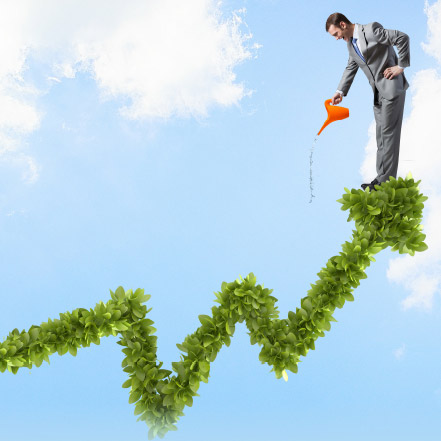
It is not an easy transition to go from running a traditional business serving customers locally to building a franchise system with an eye toward exponential growth. One of the key factors in the success of a founder is their mindset and understanding of what they are really building. By Tom Spadea
It is not an easy transition to go from running a traditional business serving customers locally to building a franchise system with an eye toward exponential growth. One of the key factors in the success of a founder is their mindset and understanding of what they are really building. If you open a restaurant, a gym, or a service business, the expectation is you will have a ramp-up period and then be profitable as soon as possible. Profitability is a foundational principle
of business.
However, franchising is different. The goal is not just short-term profitability and getting past breakeven. The goal is to create a scalable system where each new unit added is more profitable than the last. Hundreds of franchise brands are launched every year, each trying to break out of the pack and build a truly sustainable system. In my experience, a key differentiator between the brands that succeed and those who never reach scale has been the long-term mindset of the founder. By forgoing near-term profits and investing all available revenue back into the infrastructure of the franchise system, with some even taking outside investors to fund growth, they eventually emerge with a solid support structure that can handle scalability. The longer they wait to pull cash out of the business, the stronger their long-term prospects are.
I tell would-be franchise system founders that if their goal is to double or triple their income in five years, they shouldn’t bother with franchising. Too much risk, too much cost, and too much time. They are better off opening a few more corporate locations to achieve that goal. But, if they want to take a moon shot with a potential 50 times or 100 times return over maybe seven to 10 years, franchising is one of the few viable options for that kind of return for a traditional small-business owner.
When you think about a 50 times or 100 times return, it recalibrates your expectations. You are building a skyscraper, and its maximum height will in part be determined by the strength of the foundation. New franchisors should play the long game and invest in the system today for the big payoff tomorrow.
Every dollar taken off the table today as profit is one less dollar into the growth infrastructure. Run your company location to support your lifestyle, but run the franchisor to build generational wealth.
Tom Spadea

